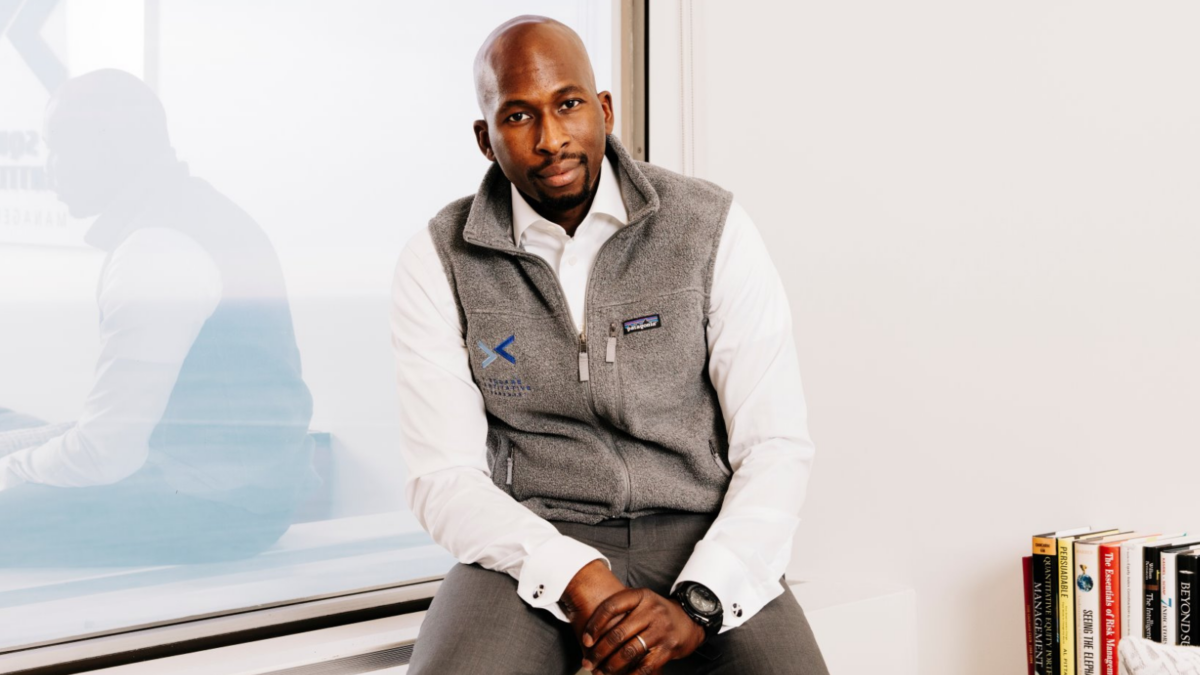‘The field is being sanitised’: Why boutique managers have the upper hand on ESG
While a number of US state governments have recently fought the management of state assets through an ESG lens – including, in some cases, booting large asset managers like BlackRock
from public investment funds over their perceived hostility to fossil fuels – Mamadou-Abou Sarr, co-founder and president of Chicago-based ESG quant outfit V-Square, says that the standoff results
from a narrow view of what ESG actually is.
“ESG is becoming politicised to the point where the debate has less to do with investment and more to do with politics,” Sarr says. “My concern is that they’re narrowing down ESG down to negative screening and ex fossil fuels. Which in itself is puzzling because ESG is way more than one sector or one approach. As a politician they need a tagline – something they can repeat over and over.”
“My take on it is that it’s likely to evolve and pass like any political debate. They tend to pivot to the concern of the year or quarter or election. If you look at the trend of ESG assets – and last year was a hiatus – they’re trending up. If anything, I’m expecting people who are eager to do it to double down on it.”
The market decline of 2022 saw ESG strategies particularly hard hit for their lack of exposure to fossil fuels and heavy exposure to tech stocks, while new and proposed laws have also made large asset managers wary of offering products that might fall foul of regulators. That puts boutique managers in the spotlight, Sarr says.
“The thing that I’m excited about is that now that ESG is very much at the forefront, and the large managers are changing their rhetoric about ESG and removing themselves from certain organisations. My read is that it opens the door to specialized managers like V-Square. I’m not saying that as a self-serving statement – ESG is a specialty.”
“I think a lot of large managers felt that because they already had a captive audience of clients they could de facto offer ESG products – which they did, to a certain extent. But remaining relevant and innovative and being able to do adapt and having that passion for the field requires a specialty.”
Even the largest asset owners “aren’t afraid” to invest in boutique managers, and some like getting in on the ground floor of startups led by personnel from larger managers. Boutiques are also doing most of the innovation in ESG; Sarr, who sits on the board of the US SIF, an organisation for advancing sustainable investing, says that 95 per cent of ESG products – mostly ETFs – have the same top 10 holdings.
“If you’re a buyer and you’re trying to select an ESG product, you tend to go by the name,” Sarr says.
“You’ll go with the largest, and that creates a lot of overlapping issues. You’re not getting diversification in terms of names; you’re not getting diversification in terms of managers. We want to be the five per cent that innovates.”
SIF data from 2022 showed a steep decline in ESG AUM in the United States – in the order of trillions of dollars – as the SEC released two proposals focusing on misleading or deceptive fund names and requiring more detailed ESG disclosures. A similar phenomenon was observed in Europe after the EU’s Sustainable Finance Disclosure Regulation required greater disclosures on sustainable investment products.
“The field is being sanitized, for lack of a better word,” Sarr says. “Only true players will remain relevant and be appreciated by investors, and I welcome that. Nobody likes when things are uncertain, but I like the fact that if you’re truly specialized, you’ll be recognised for that.”











